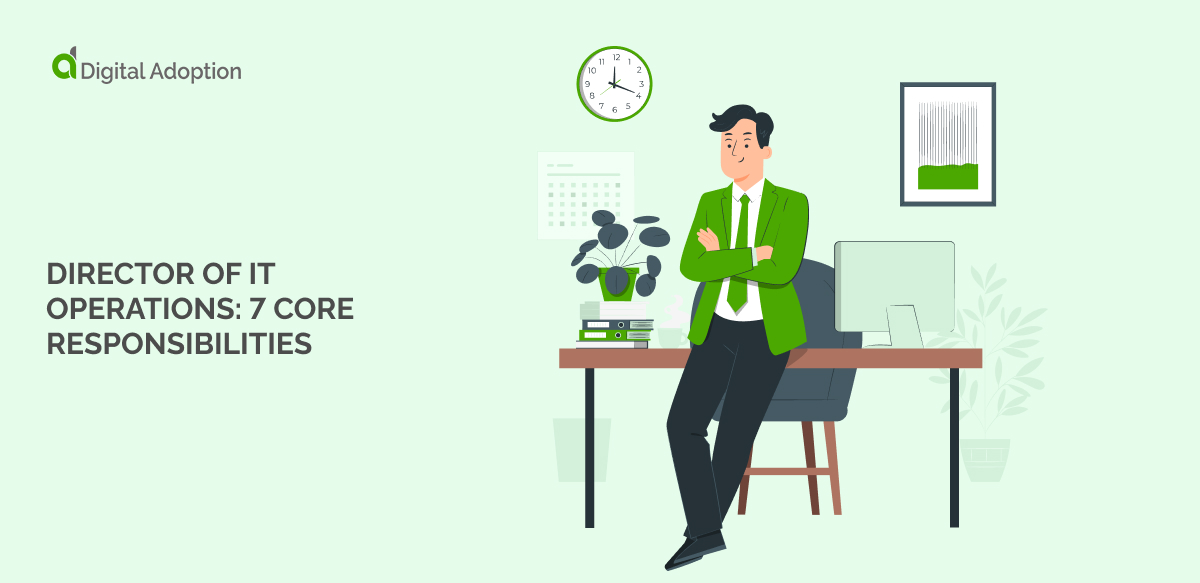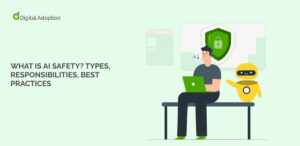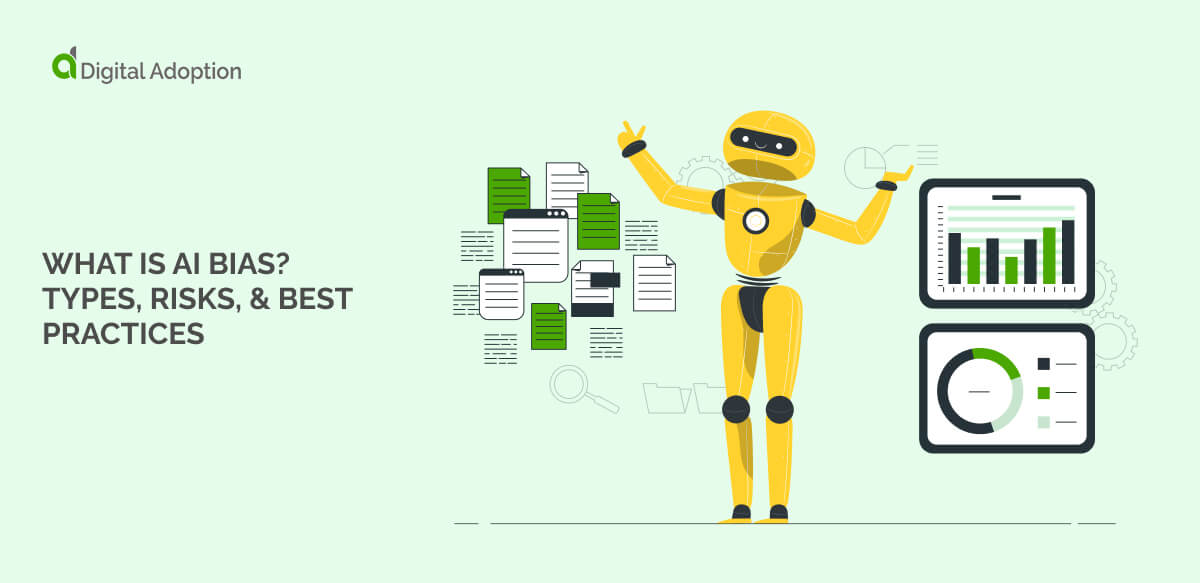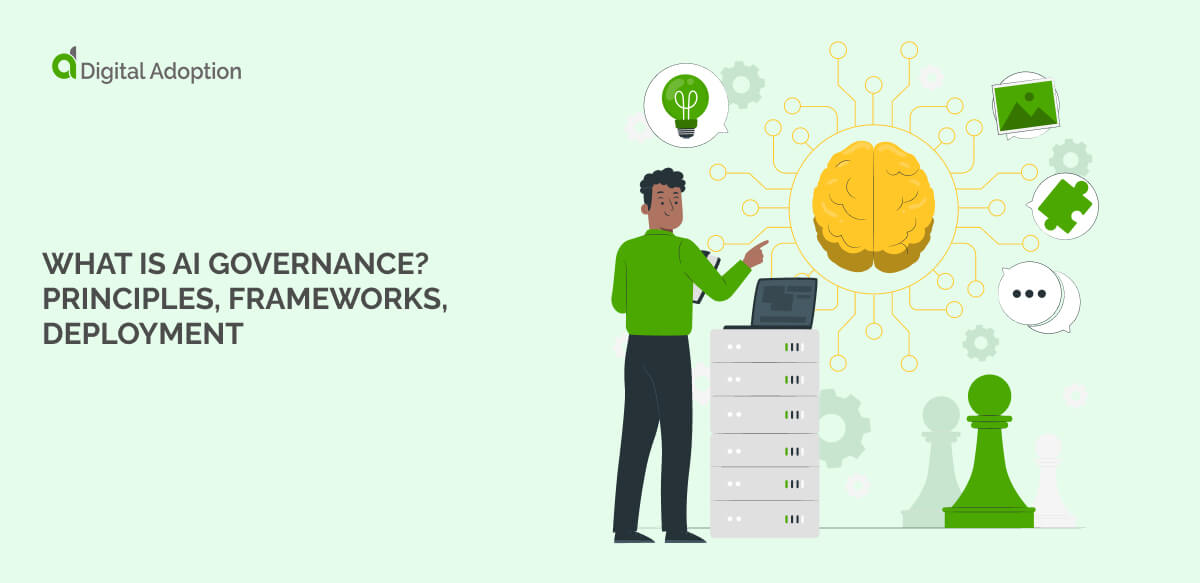The director of IT operations is the linchpin that keeps a company’s technological and operational aspects in perfect harmony.
We live in a time when technology evolves at breakneck speed. 2023 research from Foundry shows that 89% of businesses have already adopted or plan to adopt a digital-first business strategy, and the Director of IT Operations guides companies through the complexities of digital transformation.
A Director of IT Operations shines when technology is seen as a strategic asset, not just a tool. They transform IT from a support function into a core business driver.
Their responsibilities are constantly evolving and adapting to the ever-changing digital landscape. In this role, you’re not just managing systems and software; you’re steering the ship of innovation, ensuring that your company remains at the forefront of the digital revolution.
The Director of IT Operations is at the heart of a company’s digital journey, from overseeing the implementation of cutting-edge technologies to ensuring the seamless integration of strategy and operations.
They are the architects of digital roadmaps, the guardians of data security, and the strategists who align IT initiatives with business goals.
In this article, you’ll discover how this role is critical in shaping the future of businesses in the digital era. You’ll also learn what a Director of IT Operations does and the qualifications and competencies needed to succeed.
Whether you are seeking a Director of IT Operations or aspiring to assume such a role, upon completing the reading, you will have gained a comprehensive understanding of the qualifications and attributes associated with this position.
7 key responsibilities of the Director of IT Operations
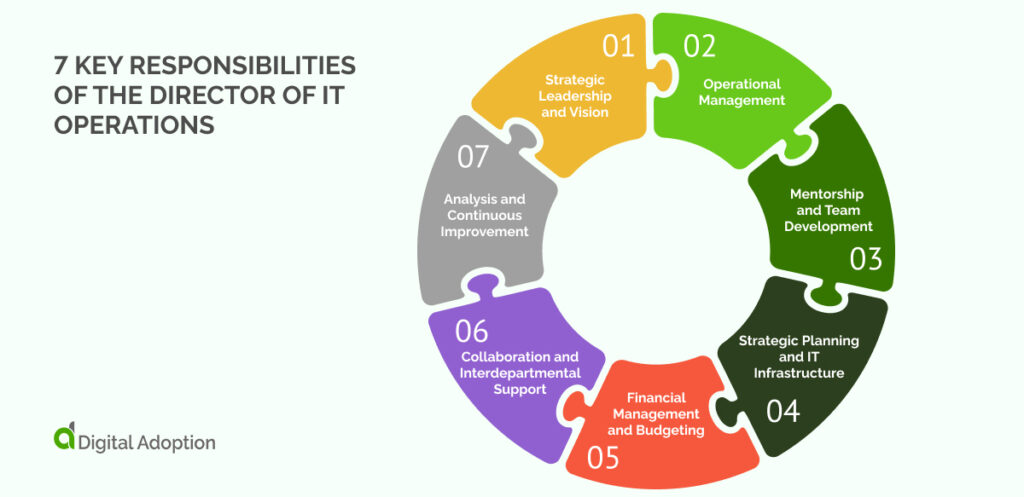
As the Director of IT Operations, you are at the helm of managing and innovating the IT infrastructure.
This requires analysis, design, planning, implementation, and maintenance. Your expertise ensures the smooth running of IT systems and aligns them with your technology strategies.
Your leadership extends to guiding DevOps and SiteOps teams. In DevOps, you facilitate the seamless integration of software development with IT operations, enhancing efficiency and agility. In SiteOps, you focus on ensuring the reliability and effectiveness of physical and cloud-based infrastructure.
Collaboration is key in your role. You work closely with the Chief Technology Officer and other decision-makers, forming a strategic alliance. This partnership is vital in aligning IT operations with the company’s broader objectives. Through effective communication and collaboration, you bridge the gap between complex IT concepts and practical business applications, making your role crucial in the company’s digital transformation.
This is a very high-level overview of what a Director of IT Operations does. Now, let’s break the role down into the 7 key constituent parts and dive deeper into each one.
1. Strategic Leadership and Vision
As the Director of IT Operations, your role involves developing the IT department’s strategic roadmap aligning IT capabilities with business objectives.
You are instrumental in identifying and integrating emerging technological trends that propel business growth.
Your responsibility extends to formulating and implementing policies and procedures for security and risk management. This is vital in an era of cybersecurity threats, where safeguarding IT infrastructure and company data is paramount.
Your strategic vision and leadership ensure that IT is not just a support function but a crucial driver of the business’s overall success.
2. Operational Management
As the Director of IT Operations, you are responsible for the smooth functioning of DevOps and SiteOps, ensuring seamless integration of software development with IT operations and maintaining robust physical and cloud-based infrastructures.
A key part of your role involves devising and implementing business continuity and disaster recovery strategies building your operational resilience.
You also oversee the network and system infrastructure, focusing on maintaining strong security measures to protect against cyber threats.
Effectively managing these operational areas is crucial for the company’s resilience and success in the digital landscape.
3. Mentorship and Team Development
As the Director of IT Operations, a significant part of your role is mentoring key IT personnel fostering a culture of continuous learning and professional growth.
You identify and nurture talent, guiding your team in developing the skills necessary for current and future IT challenges.
You invest in your team’s capabilities by implementing strategies like cross-training, personalized development plans, and encouraging certifications and workshops.
Your mentorship ensures the advancement of individual careers and the overall enhancement of the IT department’s expertise, adapting to evolving technological landscapes and business needs.
4. Strategic Planning and IT Infrastructure
In your role, you coordinate the selection and upgrades of software and applications, ensuring they align with the company’s strategic needs and IT capabilities.
Part of your strategic planning involves implementing business recovery strategies to mitigate risks and ensure operational continuity in case of disruptions. You also prioritize data governance, rigorously maintaining compliance with relevant regulations.
By overseeing these elements, you ensure that the IT infrastructure is advanced and efficient but also secure and resilient, supporting the company’s long-term strategic goals.
5. Financial Management and Budgeting
Your role encompasses the critical task of establishing operational and capital budgets for the IT department. This involves careful financial planning and resource allocation to ensure that IT initiatives are cost-effective and contribute to the company’s financial goals.
As a financial steward, you oversee the department’s expenditures and navigate the tech buying process, balancing the need for technological advancement with fiscal responsibility.
Your expertise in budgeting ensures that the IT department operates efficiently, maximizing the return on investment and aligning with the overall financial objectives of the business.
6. Collaboration and Interdepartmental Support
In your position, you actively collaborate with various departments to align IT initiatives with broader organizational goals.
This involves working closely with finance, marketing, and operations departments to ensure technology supports and enhances their functions.
A key aspect of your role includes partnering with the human resources department to develop effective recruitment strategies. This collaboration is crucial for attracting and retaining top IT talent, ensuring your team has the skills and expertise needed to meet the evolving technological needs of the business.
Your ability to foster interdepartmental cooperation is instrumental in building a cohesive, forward-thinking organizational culture.
7. Analysis and Continuous Improvement
Your role involves continuously assessing the IT department’s effectiveness and efficiency.
This includes evaluating current systems, processes, and technologies to identify areas for improvement. You stay abreast of emerging technologies, assessing their potential impact and benefits for your organization.
Based on your analysis, you recommend and implement improvements and new digital adoption initiatives, ensuring the IT infrastructure remains cutting-edge and aligns with business objectives.
This ongoing evaluation and enhancement process is key to maintaining a dynamic and responsive IT environment that supports and drives business growth.
Director of IT Operations Educational and Experience Requirements
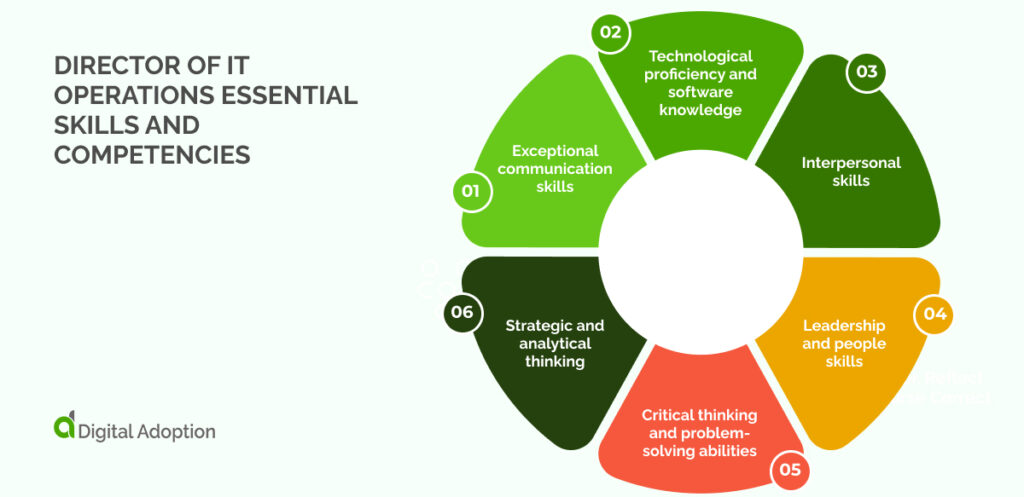
Typically, candidates are expected to hold an advanced degree, such as a Ph.D. in Computer Science, Information Technology, or a related field.
This high academic achievement ensures a deep understanding of the complexities of modern IT systems and the theoretical underpinnings necessary for strategic planning and innovation.
In terms of experience, candidates must have a substantial background in senior IT roles. This should include at least ten years of experience, preferably in leadership positions like Head of DevOps or Head of SiteOps.
During this time, candidates should have demonstrated their ability to manage large IT teams and projects successfully. This includes showcasing skills in leading technological change, managing large-scale IT infrastructures, and effectively aligning IT strategies with business goals.
This blend of advanced education and extensive experience ensures that the Director of IT Operations has the knowledge, leadership skills, and practical expertise to drive the IT department forward and support the organization’s overall success in a rapidly evolving digital landscape.
Quick-Reference List: Education and Experience
- Educational Qualifications:
- Advanced degree, preferably a Ph.D. in Computer Science, Information Technology, or a related field.
- Professional Experience:
- Minimum of 10 years in senior IT roles.
- Experience in leadership positions such as Head of DevOps or Head of SiteOps.
- Proven ability to manage large IT teams and projects.
- Demonstrated skills in leading technological change and managing large-scale IT infrastructures.
- Expertise in aligning IT strategies with business goals.
Director of IT Operations Essential Skills and Competencies
These skills and competencies enable the Director of IT Operations to manage the department effectively, drive innovation, and contribute significantly to the organization’s success.
- Exceptional communication skills: Vital for articulating IT strategies and explaining complex technical concepts to non-technical stakeholders. Clarity in communication is crucial for effective team leadership and cross-departmental collaboration.
- Technological proficiency and software knowledge: Extensive knowledge of current and emerging technologies, enterprise-level cloud technologies, and familiarity with a range of software and tools (such as Adobe Suite, HTML, CSS, jQuery, JavaScript, CRM, Salesforce, SQL, and .Net servers) is essential.
- Interpersonal skills: The ability to navigate diverse team dynamics, foster a positive work environment, and maintain productive relationships across the organization.
- Leadership and people skills: Strong leadership skills are necessary to inspire and guide teams, influence strategic directions, and build trust across all levels of the organization.
- Critical thinking and problem-solving abilities: The capacity to approach challenges logically and creatively, ensuring effective problem-solving and decision-making under pressure.
- Strategic and analytical thinking: Proficiency in analyzing complex situations, anticipating potential problems, and developing strategic solutions that align with business objectives.
The Director of IT Operations: Vital Today, Essential Tomorrow
The role of the Director of IT Operations is crucial in today’s business landscape. This position stands at the intersection of technology and strategic business management, playing a key role in shaping how organizations leverage technology for growth and competitiveness.
As a leader, innovator, and strategist, the Director of IT Operations is responsible for ensuring the effectiveness and efficiency of IT systems, aligning them with the organization’s broader goals.
Looking to the future, the importance of this role is only set to increase as businesses continue to undergo digital transformation.
Technology’s rapid evolution presents challenges and opportunities, and the Director of IT Operations will be at the forefront of navigating these changes. They will be instrumental in integrating emerging technologies, enhancing cybersecurity measures, and driving digital innovation.

